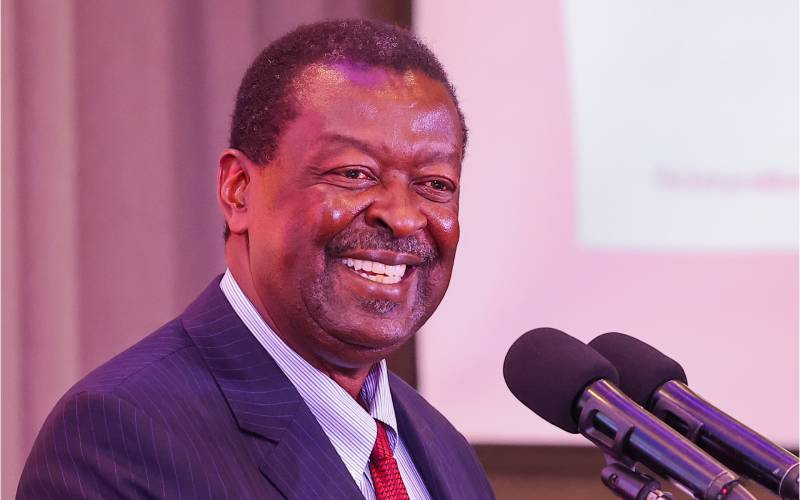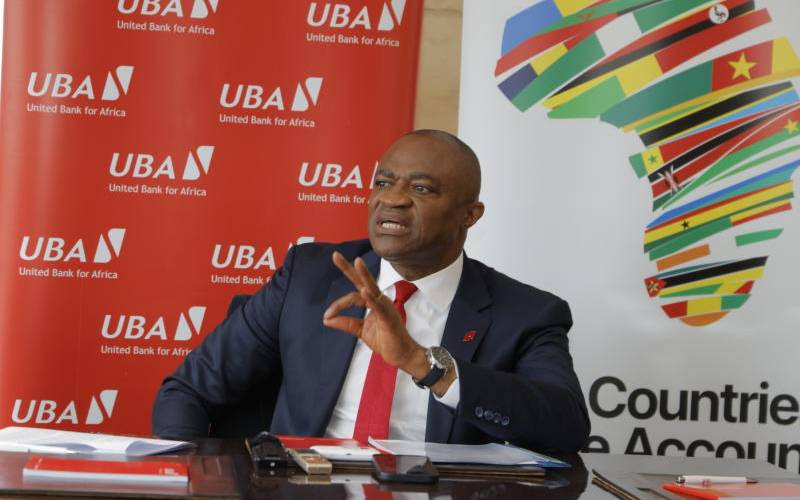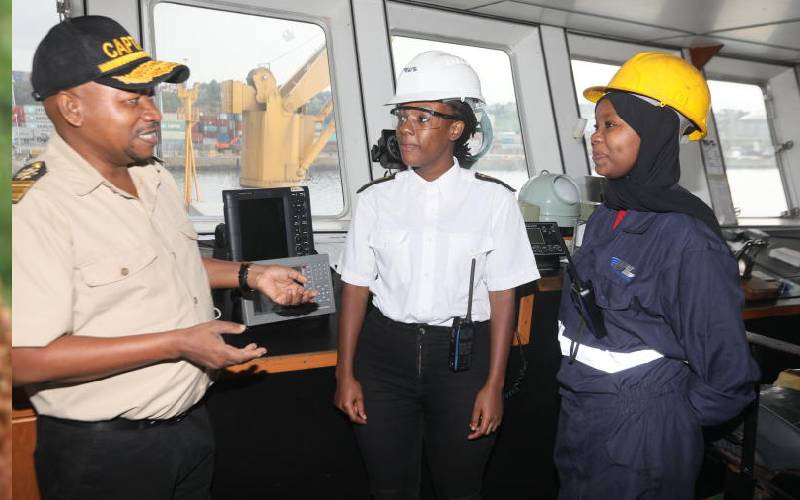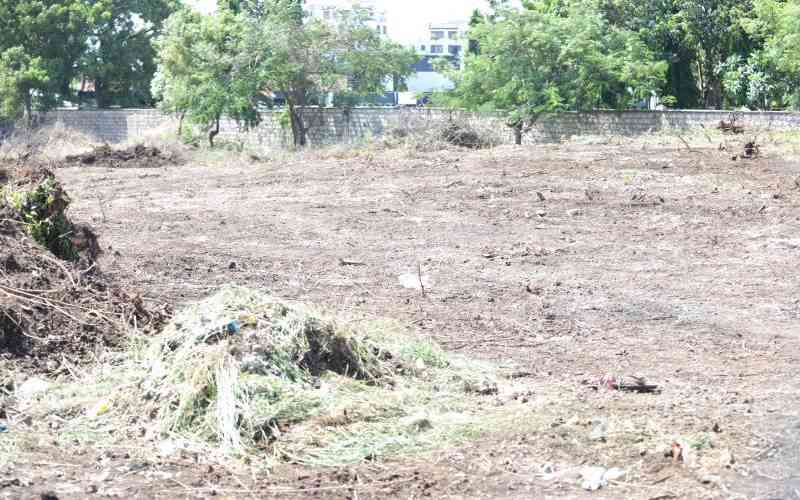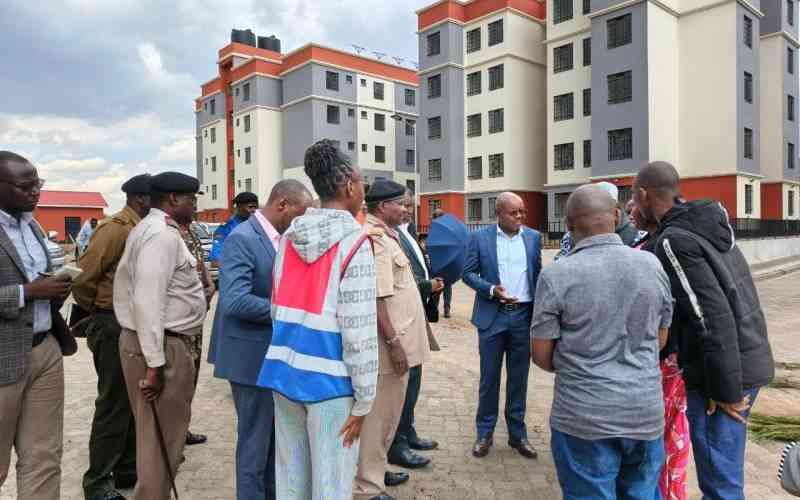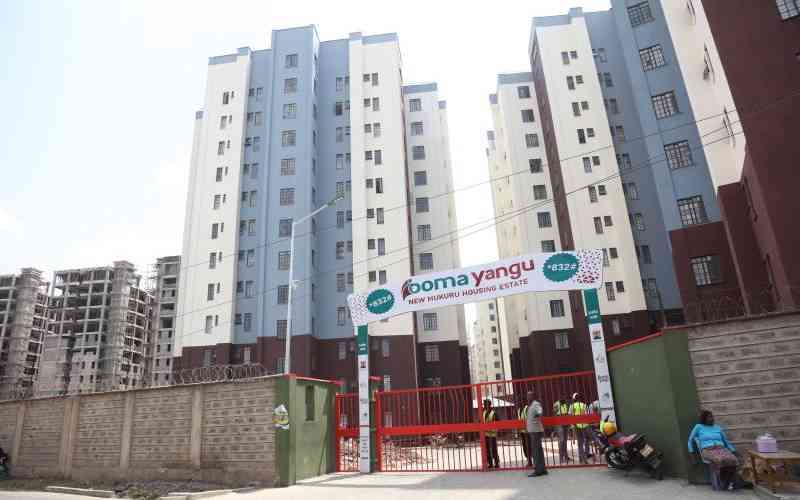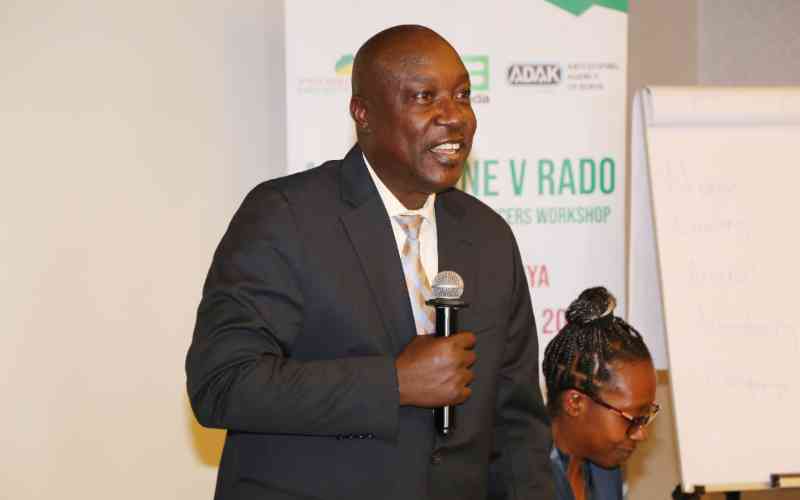
Evans Achoki, Secretary of Administration in the State Department of Sports, has praised Kenya’s progress in the global anti-doping crusade.
Speaking during the opening ceremony of a two-day Africa Zone V Regional Anti-Doping Organisation (RADO) seminar in Nairobi yesterday, Achoki assured Anti-Doping Agency of Kenya's (ADAK) of government’s continued support.
“As a country, we are doing well in anti-doping. ADAK has the government’s full backing to carry out its mandate,” said Achoki.
“Our athletes continue to shine, look at the Tokyo World Championships, where Kenya finished second overall.”
At the Tokyo World Championships, Kenya clinched an impressive 11 medals (seven gold, two silver, and two bronze) finishing just behind the United States, which topped the standings with 26 medals.
Despite the achievements, Achoki reiterated the importance of sustained investment in ADAK to protect Kenya’s hard-earned sporting reputation.
“For us to continue attracting international events and competing at the highest level, our anti-doping systems must remain robust,” he noted.
Former ADAK Chief Executive Officer, Sarah Shibutse hailed the ongoing workshop held in partnership with Kenya's anti-doping body with support from SuperSport and World Anti-Doping Agency (WADA), terming it a powerful collaborative effort to strengthen national agencies and reinforce the fight for clean sport across the region.
The training programme has brought together 21 Doping Control Officers (DCOs) from nine countries in Zone V, offering them invaluable knowledge and practical tools to combat doping.
The countries represented include Burundi, Eritrea, The Gambia, Rwanda, Sierra Leone, Somalia, South Sudan, Tanzania, and Uganda.
Leading the sessions are Kenyan trainers Rooney Sumba, Karen Wairimu, Mary Kairu, and Frederick Makale.
Shibutse, who also serves as Kenya’s representative to the Zone V region, underscored the vital role of DCOs in upholding sporting integrity within National Anti-Doping Organisations (NADOs).
“One of the ways to ensure countries have strong anti-doping systems is by investing in training for doping control officers,” she emphasised.
“These officers are the ones athletes interact with most, so they must understand their role deeply. They must embody integrity, something we insist on at every stage of this process.”
She added that bringing DCOs together under one roof was not only about skill enhancement but also about shared learning and mutual support.
Stay informed. Subscribe to our newsletter
“The reason we have brought them together is to sync their experiences. What you learn in training and what actually happens in the field can be very different,” Shibutse explained.
“When they hear first-hand experiences from their counterparts, they will be better equipped to implement effective doping control back in their respective countries.”
